
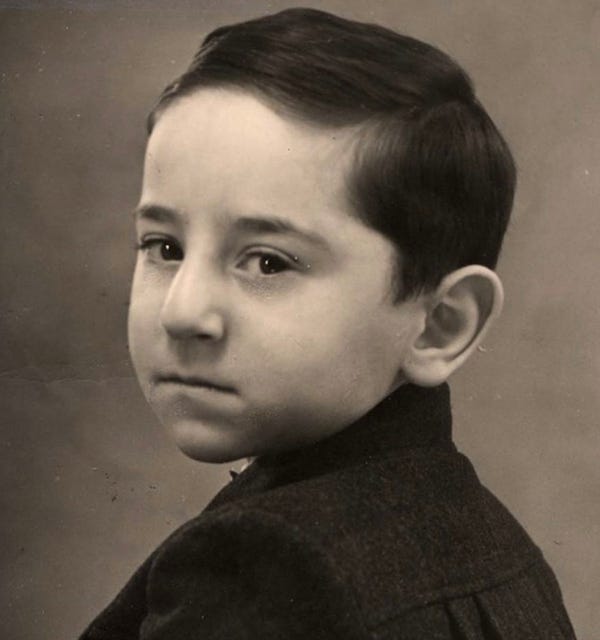
I wanted to start today, not with my words, but with a picture and story of a fellow human being. All day I’ve been thinking of people like Lutz Ludwig Grünstein. May his memory be a blessing.
His life ended in a gas chamber when he was 11 years old. Please look into his eyes. And say his name aloud - Lutz Ludwig Grünstein. He must not be forgotten.
With all that is going on in the world today, with all the real crises that demand our attention, it is too easy to lose our grasp of history, even though history has its grip on us.
Today is International Holocaust Remembrance Day. January 27, 1945 was when the Red Army liberated the Auschwitz concentration camp. The full horrors of what they uncovered shook the world to its core. The reverberations rumbled across oceans and continents, including, I can remember, to my corner of Houston, Texas. Was this real? The bloodshed of the battlefields of World War II were well known. The genocide that was taking place was too incomprehensible to have been imaginable.

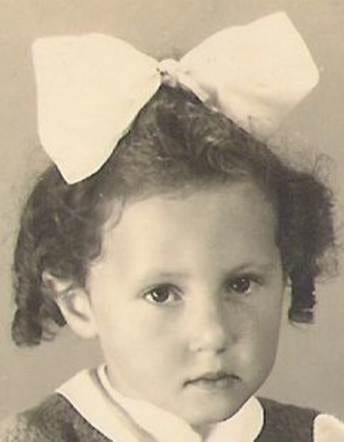
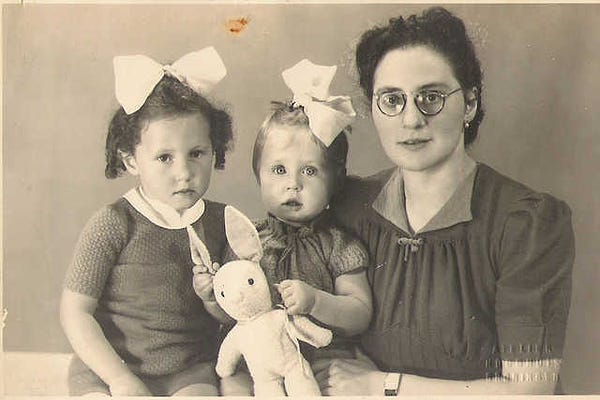
Please remember Margaretha Beatrice Swartberg, aged 3 - 3 years old!!!! - when she was murdered. And her younger sister Judith Jusephine, and their mother Maria Sara. The world must not forget you, sweet souls. May your memory also be a blessing.
For those of you on Twitter, I suggest following the Auschwitz Memorial account. Every day they post images like these on the birthdays of the people they remember. Millions of dead is a statistic. But look at the face of someone who you could easily imagine knowing, sharing a laugh, a hug, a story, the bonds of humanity. And then ponder their tragic, tortured fate. Consider the fear they felt, their last moment of agony. The ones I share here today were all born on January 27. Multiply them by numbers so large we cannot be fully comprehended the magnitude. It makes us feel uncomfortable. That’s the point. And it damn well should.

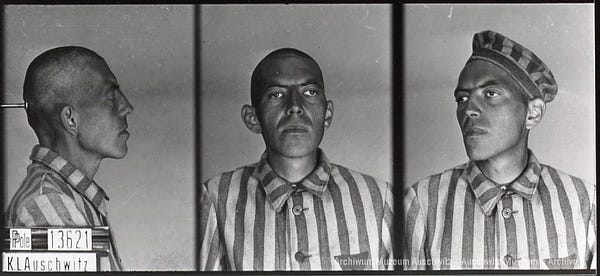
Zygmunt Sawaszkiewicz, age 27 at the time of his murder.

We cannot be afraid of the truth, even as the number of people who lived through the Holocaust, especially the survivors disappear from us at a rapid rate. Sadly the COVID pandemic killed many who survived the war. Here are a few.

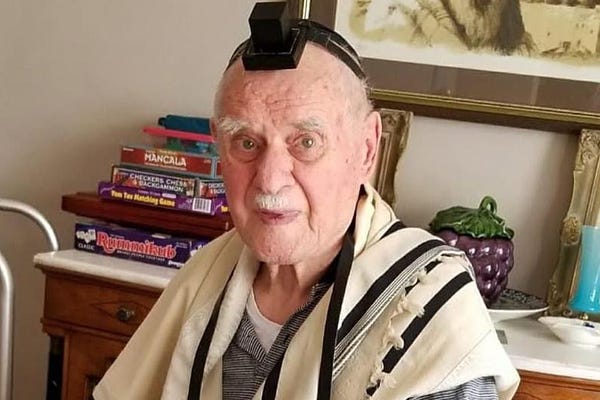
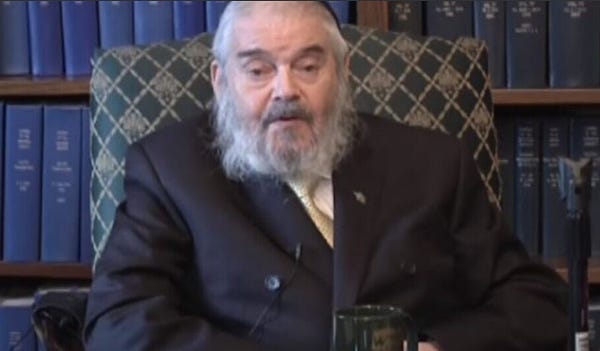

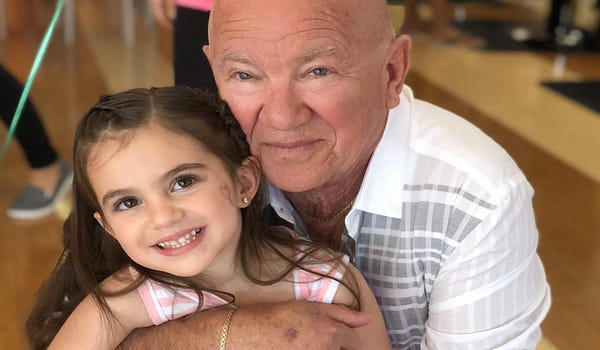
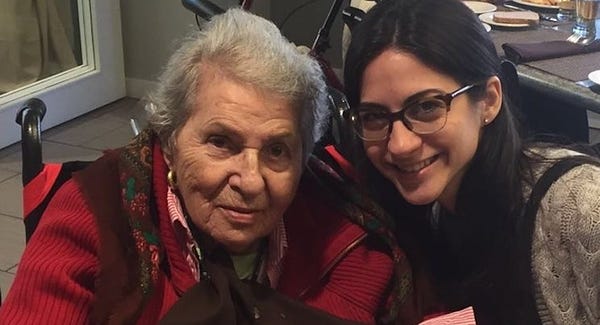

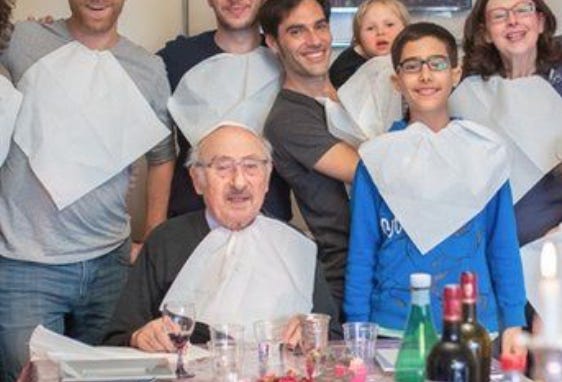
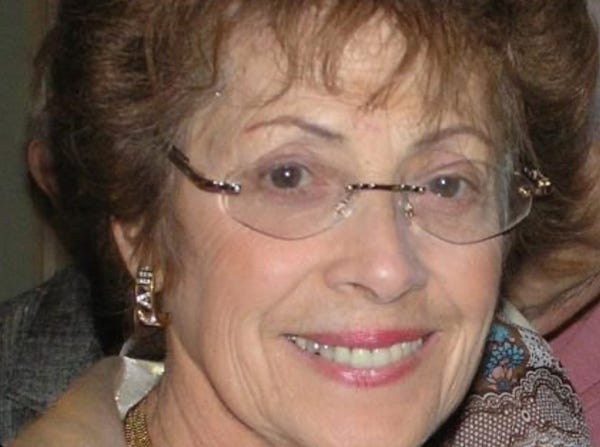
May all their memories be a blessing…
To have this day arrive after news that a school board in Tennessee banned the graphic Holocaust novel “Maus,” shows that the fight over never forgetting is far from over.

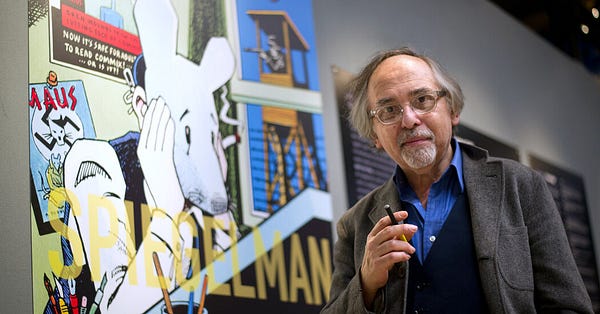
The more distance we travel from the immediate horrors, the more the Holocaust recedes into the gauzy annals of “history,” the more we risk our own futures. Never forgetting is also about learning from our past so as not to repeat it.
There is so much to say about the Holocaust, but words are not the only way of remembering. See the faces from the past. Think about people who know and love and what it would mean if they were taken so violently. Consider the rising cases of antisemitism, and the tides of Holocaust denialism or amnesia.
Let us reflect on the fragility of life. I am thinking of the survivors I have met over the years. I marvel at their ability to keep going, but that is the power of the human spirit. I know many of you carry your own thoughts and stories. Some of you may be survivors in your own right, or lost family in the camps. Please share whatever you feel comfortable sharing in the comments below.
We thought to end these brief reflections this evening with music. So much of what the Nazis sought to exterminate was the human soul as embodied in the culture of a people they did not see as people. In defiance of that hatred, we share the theme to the film Schindler’s List, composed by John Williams, and performed by the Israeli virtuoso Itzhak Perlman. Perlman was born in August, 1945 - 3 months after the surrender of Nazi Germany.



My great-aunt, Henriette Gottlieb, was an opera singer in Berlin. At first, she was sent to Lodz ghetto, following the Nazi ban on Jewish performers. In the end, she was murdered at Auschwitz, in 1942. Fortunately, her performances can still be heard all over the world, on recordings that were saved.
Thank you for your words. I was appalled attending junior college in 1980’s and a professor said that WWI and WWII that what we taught before did not happen. He contradicted what my grandmother had told me what she witnessed and my Uncle in WWII also told me what he had witnessed. I was very shy and usually would not speak up. I raised my hand , stood up and told him he was a liar. I told the class what my relatives had witnessed. The Professor did not say a word.
We need to learn real history so we can help prevent repeating it.
I think often about the Holocaust and those that were killed, and those that survived. I am glad their stories will be remembered along with the lives they lived to share so much with us all.